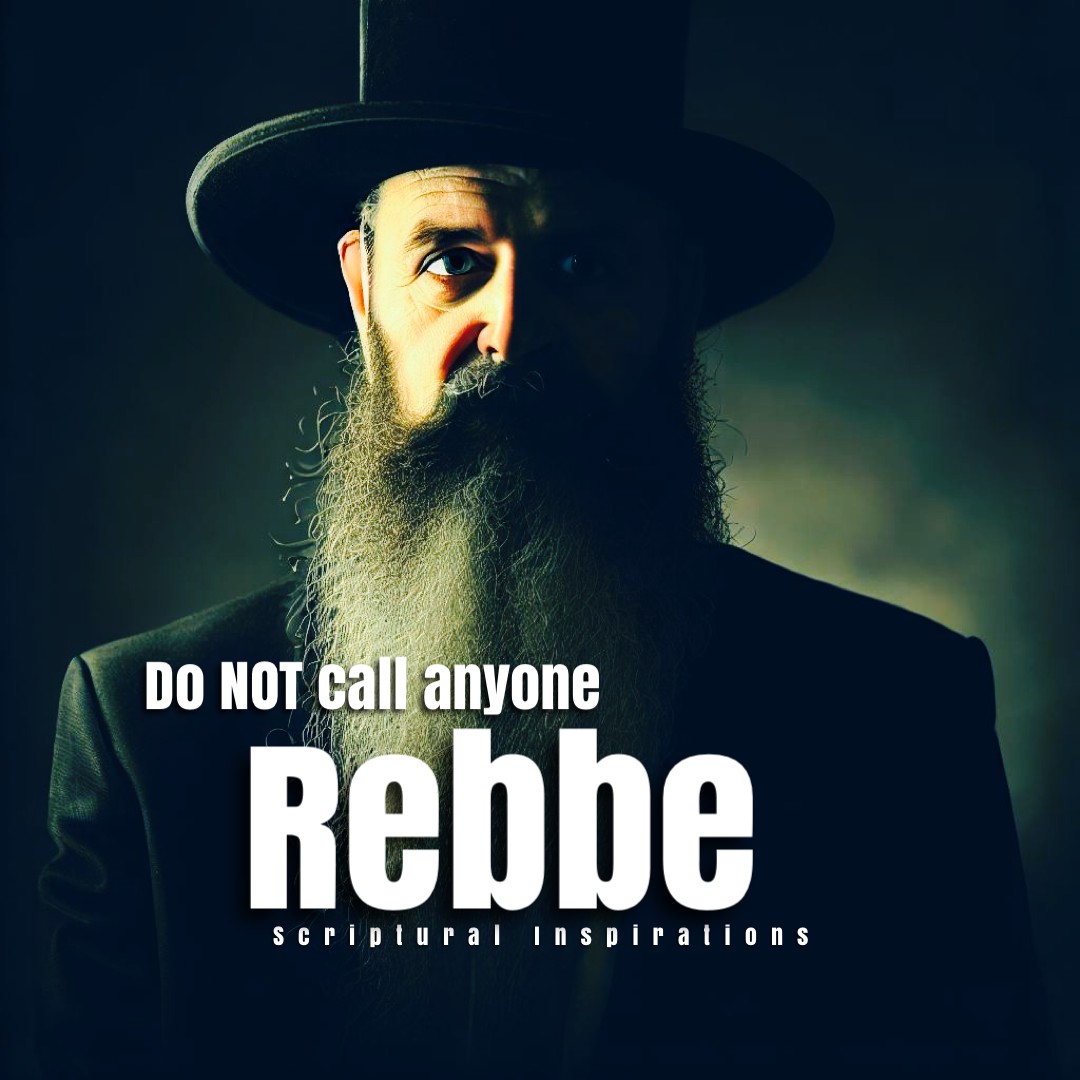Watch
Events
Articles
Market
More
Ripple in the shadow. A simple tower teeters on a cusped tooth of the wilderness. Radiating is a net through the spreading wings in the corrugated rings, and underneath this open pattern is the grainy dregs: indistinct future.
The opposite wall carries the frowning trophies, and in between them flicker the bug siblings, with their strands. Grave stakes flute the structure in the lower parts, and depictions texture it into the silt, over which the open pattern laps, dragging its tingling networks.
On the mantelpiece you find two framed articles, mostly blank, but the angles of the meagre lines and the linking of the few characters fill the empty spaces with meaning such as the stars share between their constellation vertices.
The tower slips a little.
#dailycreatedoom #writtenoom 2023/09/19



Didn't our Messiah say not to?
#onlyonerebbe #rabbiyeshua #scripturalinspirations



